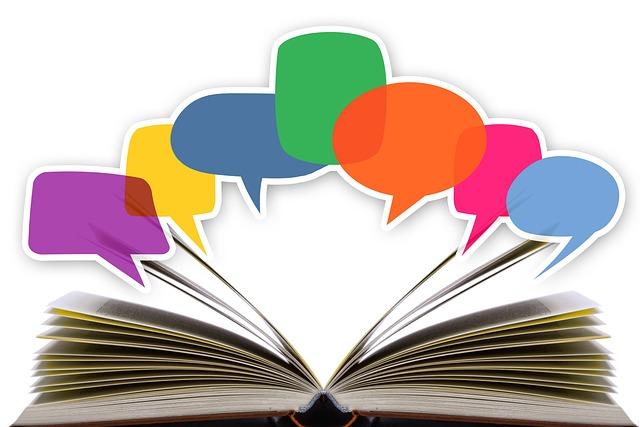- Introduction
- What is Plagiarism?
- Importance of Academic Integrity
- Best Free Online Plagiarism Checkers
- How to Use Plagiarism Checkers Effectively
- Conclusion
- FAQs
Introduction
Academic integrity forms the backbone of credible education, and plagiarism presents a significant risk to this foundation. In this blog post, we will explore the various aspects of plagiarism and why maintaining academic integrity is essential for students, educators, and institutions alike. We will cover what plagiarism entails, the importance of upholding academic standards, and the best free online plagiarism checkers available to ensure originality in written work. Additionally, we will provide tips on how to effectively use these plagiarism detection tools.
What is Plagiarism?
Plagiarism, in its simplest form, is the act of using someone else's work, ideas, or intellectual property without proper attribution. This can take many forms, ranging from direct copying of text to paraphrasing without citation. Understanding these different types is crucial for anyone engaged in scholarly work.
There are generally three major types of plagiarism:
- Direct Plagiarism: Copying someone's work word-for-word without quotation marks or citations.
- Self-Plagiarism: Reusing one’s own previously submitted work without permission or acknowledgment.
- Mosaic Plagiarism: Piecing together phrases or ideas from different sources into a new piece without accreditation.
Each form poses a threat not only to academic integrity but also to the individual's credibility.

(Image: Pixabay/@geralt)
Importance of Academic Integrity
Academic integrity refers to the ethical code embraced by both students and educators. It promotes honesty, trust, fairness, respect, and responsibility within the educational community. Upholding these standards is vital for several reasons:
Firstly, academic integrity fosters a culture of respect for knowledge and creativity. By acknowledging others' work, we highlight the efforts made by researchers and thinkers in our fields of study.
Secondly, it enhances the value of educational achievements. Degrees and certifications obtained through honest means carry more weight in the job market than those acquired through dishonest practices.
Furthermore, fostering an environment where academic integrity is stressed encourages collaboration and collective progress rather than competition through unethical means. It builds trust among students, faculty, and institutions, ensuring that the education system functions smoothly.

(Image: Pixabay/@geralt)
Best Free Online Plagiarism Checkers
To assist students and professionals in avoiding plagiarism, numerous online tools offer plagiarism detection services free of charge. Here are some of the most efficient and user-friendly options:
1. Grammarly: While primarily a grammar checker, Grammarly offers a plagiarism detection feature that scans articles against billions of web pages. It's easy to use and provides contextual suggestions for improvement.
2. Quetext: Quetext combines DeepSearch™ technology to identify plagiarism accurately. The interface is user-friendly, allowing users to run checks quickly and receive succinct results.
3. Plagscan: This tool examines text against a vast database of internet resources and academic journals, making it ideal for academic documents.
4. DupliChecker: DupliChecker allows users to perform checks for free, providing a simple interface that enables quick scans of text for potential plagiarism issues.

(Image: Pixabay/@distelAPPArath)
How to Use Plagiarism Checkers Effectively
Using plagiarism checkers effectively requires a few strategic steps to yield the best results:
Step 1: Prepare Your Content - Before using a plagiarism checker, ensure that your document is well-structured, free of grammatical errors, and complete. This helps the software give clear feedback regarding potential plagiarism.
Step 2: Select the Right Tool - Choose the plagiarism checker that best fits your needs. Consider factors like the depth of scanning features, speed, and additional tools provided, such as grammar checking.
Step 3: Analyze the Report - After submitting your text, analyze the report to see highlighted sections that may require attention. Pay careful attention to these areas and research necessary citations.
Step 4: Revise and Rerun the Check - After making necessary revisions, rerun the check to ensure all plagiarism issues have been resolved and that your work is original.

(Image: Pixabay/@Clker-Free-Vector-Images)
Conclusion
In summary, preserving academic integrity through vigilant practices against plagiarism is crucial for the credibility of educational activities. The use of free online plagiarism checkers serves as a valuable resource for students and educators aiming to uphold high standards of originality in their work. By understanding the nuances of plagiarism, recognizing the importance of academic integrity, and leveraging technology wisely, we can contribute to a culture of respect and innovation in academia.
FAQs
What happens if you get caught plagiarizing?
If you are caught plagiarizing, the consequences can vary depending on your institution's policies. Common repercussions include receiving a failing grade on the assignment or course, academic probation, or even expulsion in severe cases.
Are plagiarism checkers 100% accurate?
No plagiarism checker is 100% accurate. While they are useful tools for detecting similarity, they may not always recognize paraphrases or common knowledge. Therefore, they should be used as a guideline rather than a definitive judgement of originality.
Can plagiarism checkers help with self-plagiarism?
Yes, many plagiarism checkers can detect self-plagiarism. This is important for students who may want to reuse parts of previous submissions, ensuring they properly cite their earlier works.
Do free plagiarism checkers provide good results?
While free plagiarism checkers may not offer as comprehensive results as paid versions, they still provide a solid starting point for anyone looking to check their work for originality. They can often identify matching phrases and passages, helping users make necessary adjustments.
